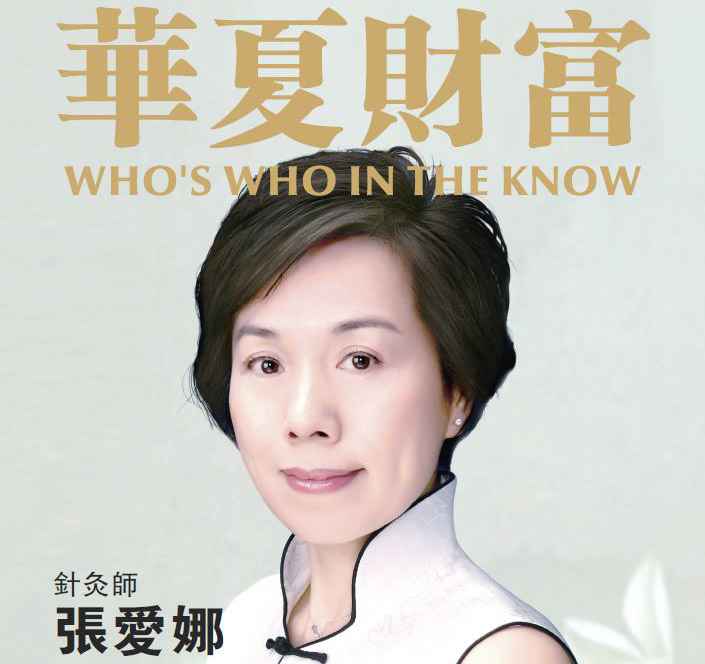Traditional Chinese Medicine (TCM) is the oldest continually-practiced literate medicine in the world. The earliest written literature, the Yellow Emperor’s Inner Canon(黄帝内经), dates back 2,500 years (during the Warring States Period from 475-221 BC). Today, this remarkable book is still required reading for all Chinese medicine students in China. The actual practice of this ancient medicine is undoubtedly much older: it is at least 4,000 years old, according to some archeological facts from the Neolithic Age.
Definitely not a “folk medicine”, Chinese medicine is a complete, intricate, and precise medicinal system reflecting the efforts of China’s brightest minds throughout its history. These scholars recorded their theories, experiences, observations, and results from generation to generation. At the start of the 20th century, there were over 30,000 Chinese medicinal books already in existence. Thousands and thousands of additional texts and articles have been written and published throughout the world since then.
Chinese medicine has been used to treat infertility for thousands of years. There were multiple references to gynecology and infertility in the Yellow Emperor’s Inner Canon (黄帝内经).
The first book dedicated to obstetrics and gynecology, the Complete Book of Effective Prescriptions for Diseases of Women (妇人大全良方), was written by Chen Zi Ming (陈自明) in 1237 AD. It contained 24 volumes with detailed knowledge of:
1. Regulating menstruation
2. Infertility
3. Fetal education and prenatal care
4. Pregnant women’s contraindications
5. Special diseases during pregnancy
6. Dystocia(难产)
7. Post-natal care and diseases
This book summarized his predecessors’ knowledge and his own clinical experience, and greatly promoted the development of gynecology and Traditional Chinese Medicine.
Chinese and Western medicine have very different perspectives and treatment techniques for all illnesses, and they have been proven to have their own strengths and limitations. We are firm believers of integrated medicine, where Chinese and Western medicine work together in harmony to provide the best care for our patients.
The trend of integration is more and more evident in infertility, oncology, and pain and addiction management.
Since Aina has studied both Chinese and Western medicine and subsequently practiced integrated medicine for many years in China as a medical doctor and gynecologist, she is uniquely positioned to help patients benefit from the best of Chinese and Western medicine.








